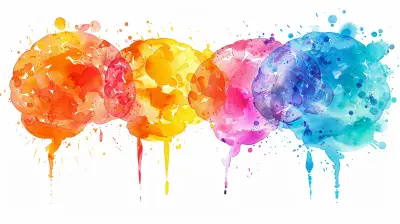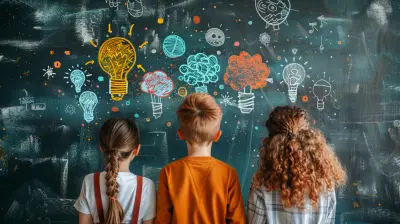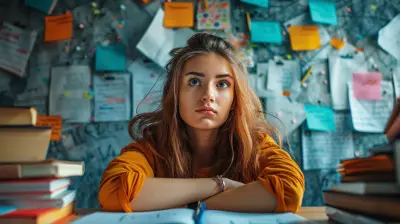The Role of Media Literacy in Understanding Global Issues
8 October 2025
In today's digital world where a single tweet can spark international debates and viral videos can shift public opinion overnight, media literacy isn’t just a luxury—it’s a necessity. With fake news spreading like wildfire and propaganda sneaking into our social feeds, the role of media literacy in understanding global issues is more crucial than ever.
Let’s take a deep dive into what media literacy really means, why it matters for grasping global events, and how we can sharpen this skill to make sense of the complex world around us.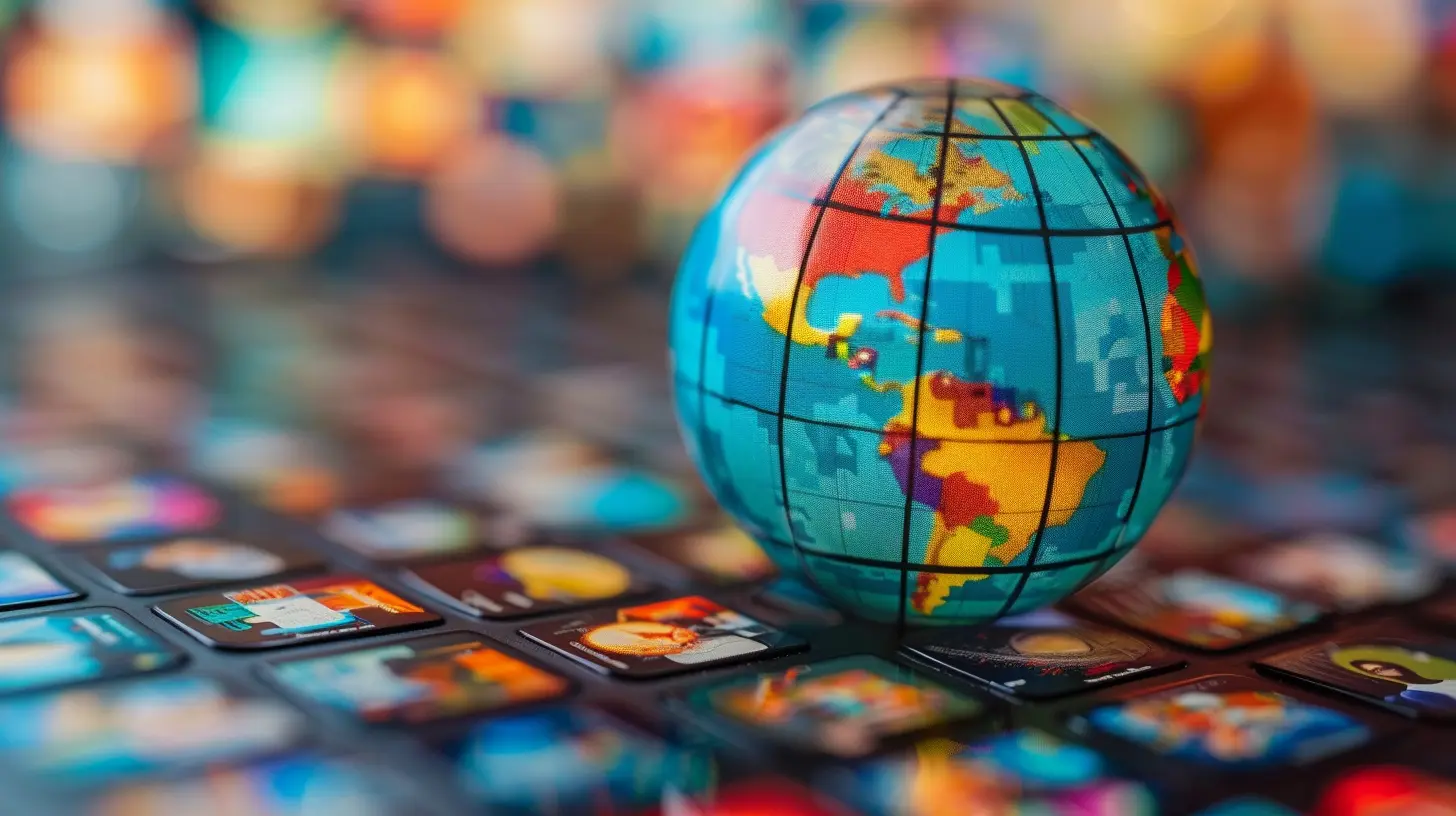
What Exactly Is Media Literacy?
Media literacy is more than just being able to read or watch the news. It’s about digging deeper—understanding who created the message, why they made it, and what might be missing from the story.In simpler terms, it’s the ability to critically analyze media content, assess its credibility, identify bias, detect misinformation, and understand the broader context. Whether it's a breaking news headline, a viral meme, or a polished political ad, media literacy equips you with the tools to read between the lines.
Think of It Like Detective Work
Imagine you're a detective. You don’t just take things at face value—you look for hidden clues, question motives, and piece together the truth from scattered info. That’s what media literacy trains you to do. It sharpens your critical thinking muscles so you can separate facts from fluff, truth from spin.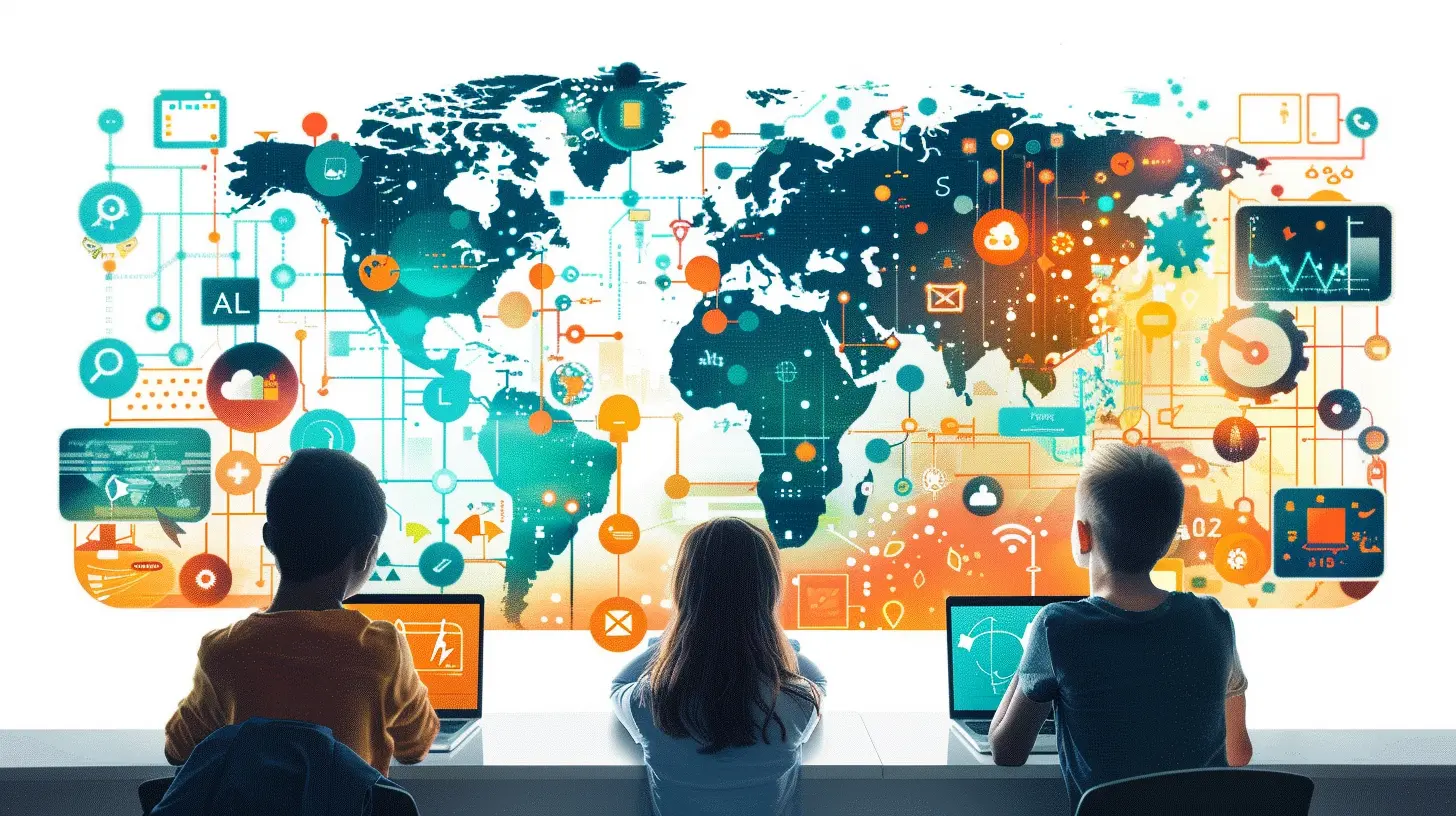
Why Media Literacy Matters for Global Awareness
Let’s be real—our world is complicated. Wars, climate change, pandemics, migration, political upheaval—there’s a lot going on. And most of what we know about these big issues comes from the media.But here's the catch: not all media is created equal. One event can be portrayed in dramatically different ways depending on who's reporting it and why. That’s where media literacy swoops in to save the day.
Bias Is Everywhere
Even the most trusted news sources have biases—some are subtle, others not so much. Media outlets might lean left or right, sensationalize headlines, or focus on stories that drive clicks rather than truth.Take global conflicts, for example. Depending on the country or media outlet, the same war can be painted as a heroic fight for freedom or an unjust invasion. Without media literacy, it's easy to be misled or manipulated.
Global Issues Are Interconnected
Many global problems are tangled together like spaghetti. Climate change affects migration, which influences international politics, which can trigger economic shifts—and round and round it goes.Media literacy helps you see the connections. It encourages you to ask, “Why is this happening?” instead of just, “What is happening?” That shift in perspective is powerful.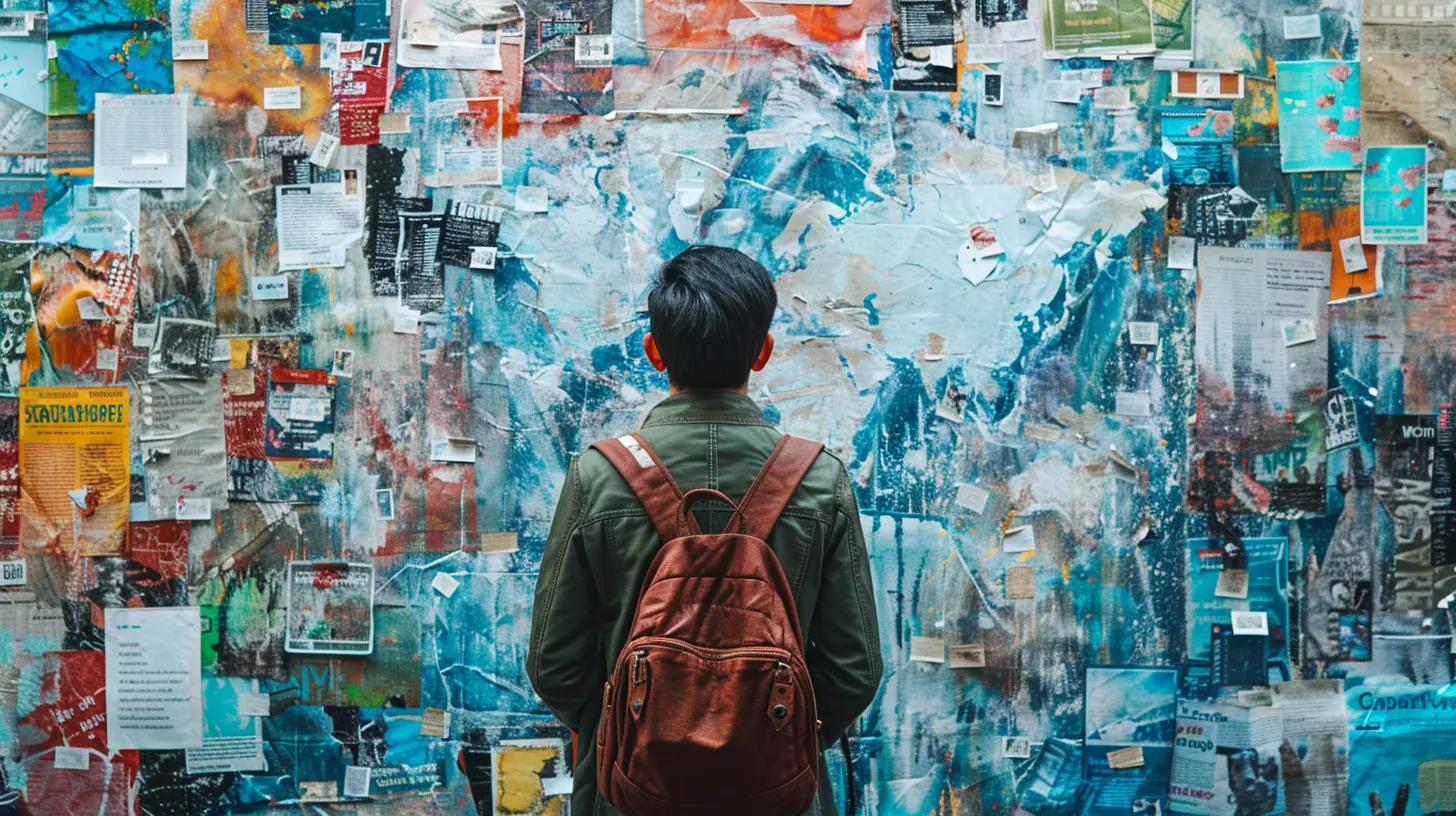
How Misinformation Fuels Confusion
We’re living in the age of information overload. But more information doesn’t always mean better understanding—especially when misinformation and disinformation are mixed in.What’s the Difference?
- Misinformation is false info shared without harmful intent—like your grandma forwarding a fake COVID cure.- Disinformation is deliberately misleading info, often spread to manipulate public opinion.
Both can skew our understanding of major issues. Remember the countless conspiracy theories during the pandemic? Or the conflicting reports about international elections? Misinformation can muddy the waters, making it harder to grasp what's really going on.
Social Media: The Double-Edged Sword
Social platforms like Twitter, TikTok, and Facebook have revolutionized how we consume news. While they give us access to diverse voices and real-time updates, they also make it easier for fake news to go viral.Algorithms tend to show us what we already agree with. That’s called a “filter bubble,” and it limits our exposure to diverse perspectives. Media literacy helps you break out of that bubble and examine information more objectively.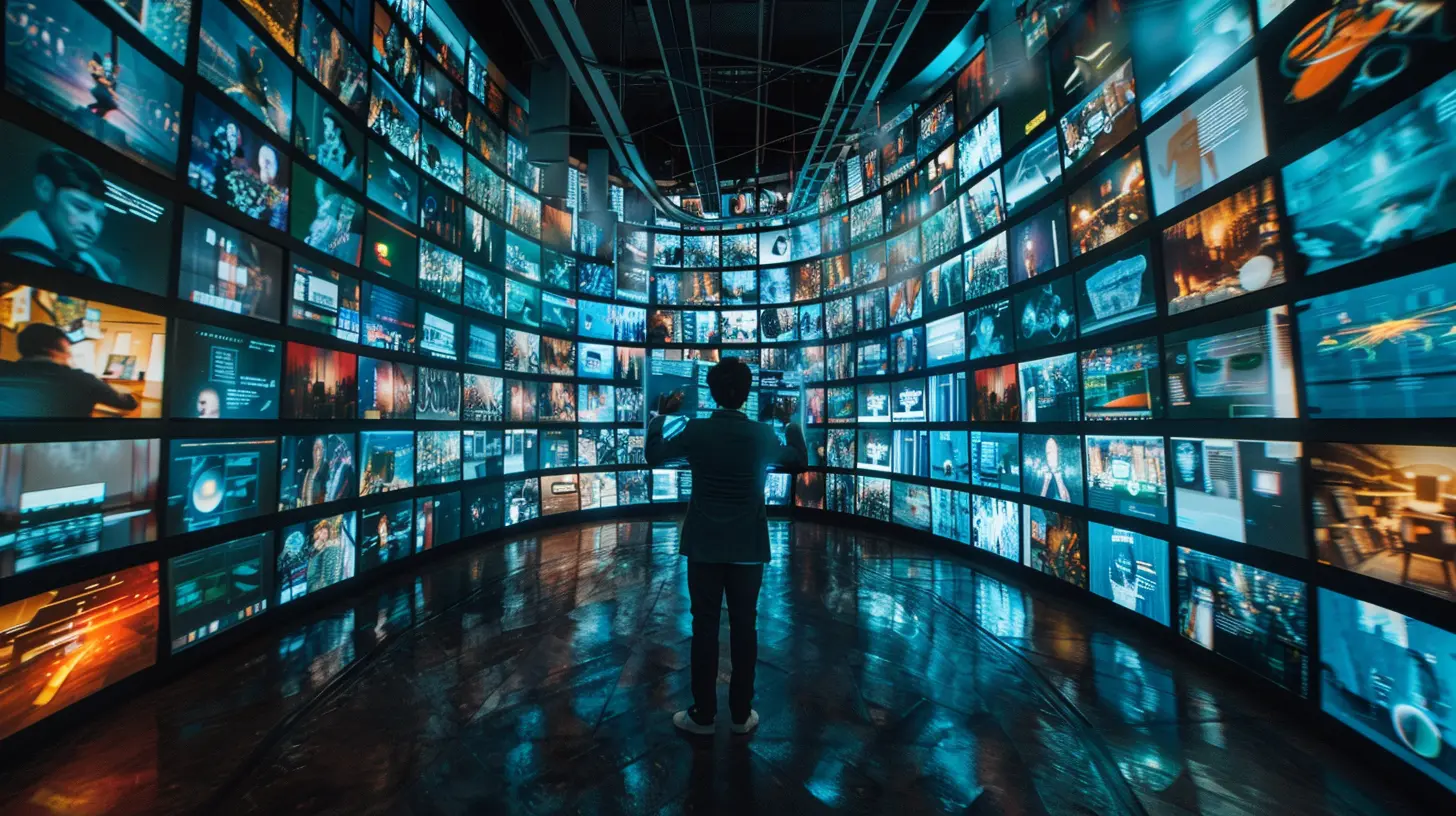
Practical Skills Media Literacy Teaches You
So, how does media literacy actually work in practice? Great question. Here are a few key skills it teaches:1. Spotting Bias
This involves recognizing language cues, looking at who benefits from the message, and identifying what's being left out. Headlines like “Leader X Slams Country Y” tell you a lot about tone and intent.2. Fact-Checking
Before sharing or believing a claim, media-literate folks know to cross-check with multiple reliable sources. Sites like Snopes, FactCheck.org, or even reverse image searching on Google can help.3. Identifying Reliable Sources
Not all websites are credible. Media literacy teaches you to evaluate sources based on authority, purpose, and evidence.4. Understanding Framing
How a story is framed affects how we perceive it. Is immigration framed as a crisis or an opportunity? Is a protest described as peaceful or violent? Same event, wildly different takeaways.Media Literacy and Global Citizenship
Understanding global issues isn’t just about knowing facts—it’s about thinking critically, having empathy, and making informed decisions. Media literacy supports all of that.Promoting Cultural Sensitivity
When you consume global media with a critical eye, you become more aware of stereotypes and cultural biases. This helps you approach issues with more nuance and less judgment.Encouraging Civic Engagement
Global citizens take action. Whether it’s voting, donating, or raising awareness, media-literate individuals are more likely to engage with issues that affect the world.Empowering Youth
Young people today are bombarded with content. Teaching them how to navigate media critically prepares them to be thoughtful, informed, and responsible digital citizens.Real-World Examples of Media Literacy in Action
Let’s look at how media literacy has helped reveal the truth or deepen understanding in some recent global happenings.Example 1: The Russia-Ukraine Conflict
From doctored battle footage to propaganda memes, the Russia-Ukraine war has shown just how powerful and dangerous media manipulation can be. Viewers who take time to verify information and seek out multiple perspectives have a clearer, more accurate view of the conflict.Example 2: Climate Change Reporting
Different nations and political groups frame climate change in vastly different terms—some call it a hoax, others see it as the defining issue of our time. Media literacy helps individuals separate scientific consensus from political narrative.Example 3: COVID-19 Pandemic
The pandemic spawned a tidal wave of misinformation—from miracle cures to vaccine fears. Media-literate individuals were quicker to identify false claims, follow public health guidance, and make informed decisions.How Can We Improve Media Literacy?
It’s not just something you either have or you don’t. Like any skill, media literacy can be taught, practiced, and refined. Here’s how:Start in Schools
Education systems need to embed media literacy into the curriculum—from elementary school to university. Students should learn how to analyze news, scrutinize sources, and think critically about digital content.Encourage Open Conversations
Talk with your friends, family, and peers about media content. Ask questions, challenge assumptions, and share different viewpoints. The more you practice, the better you get.Use Media Literacy Tools
There are tons of apps and websites designed to improve media literacy. Tools like NewsGuard, Media Bias/Fact Check, and Mozilla’s Internet Health resources are great places to start.Final Thoughts
So, what’s the takeaway here? Media literacy isn’t just about spotting fake news or arguing on the internet. It’s a crucial life skill that helps you understand the world more clearly, think critically, and make responsible decisions.In a world where global issues are often complex and emotionally charged, being media literate is like having a compass in a dense forest. It helps you find your way, avoid the traps of misinformation, and see the bigger picture.
If we want to raise a generation of thoughtful, engaged global citizens, media literacy must be front and center. Whether you're a student, a teacher, a parent, or just someone trying to make sense of the headlines, investing in media literacy is one of the smartest things you can do.
all images in this post were generated using AI tools
Category:
Media LiteracyAuthor:

Madeleine Newton
Discussion
rate this article
1 comments
Sloan McCracken
Media literacy empowers critical thinking, essential for navigating global complexities.
October 12, 2025 at 4:46 AM

Madeleine Newton
Absolutely! Media literacy is crucial for developing critical thinking skills, which help individuals make sense of and engage with the complexities of global issues effectively.
